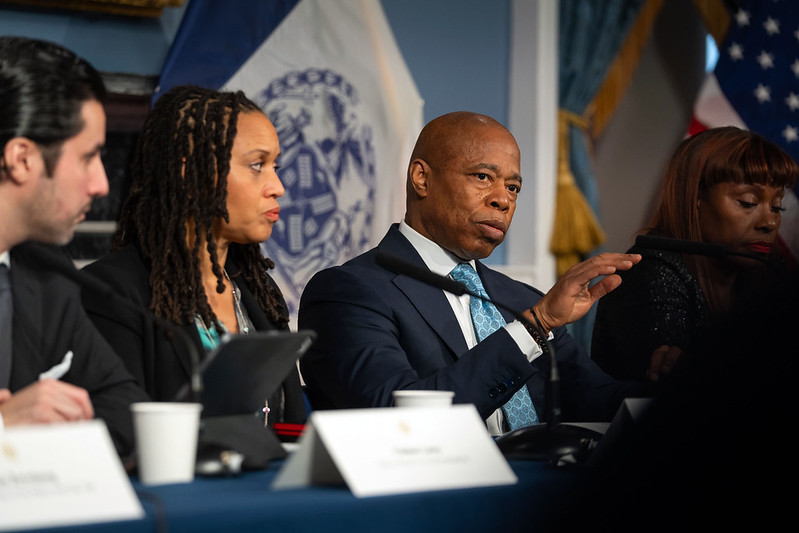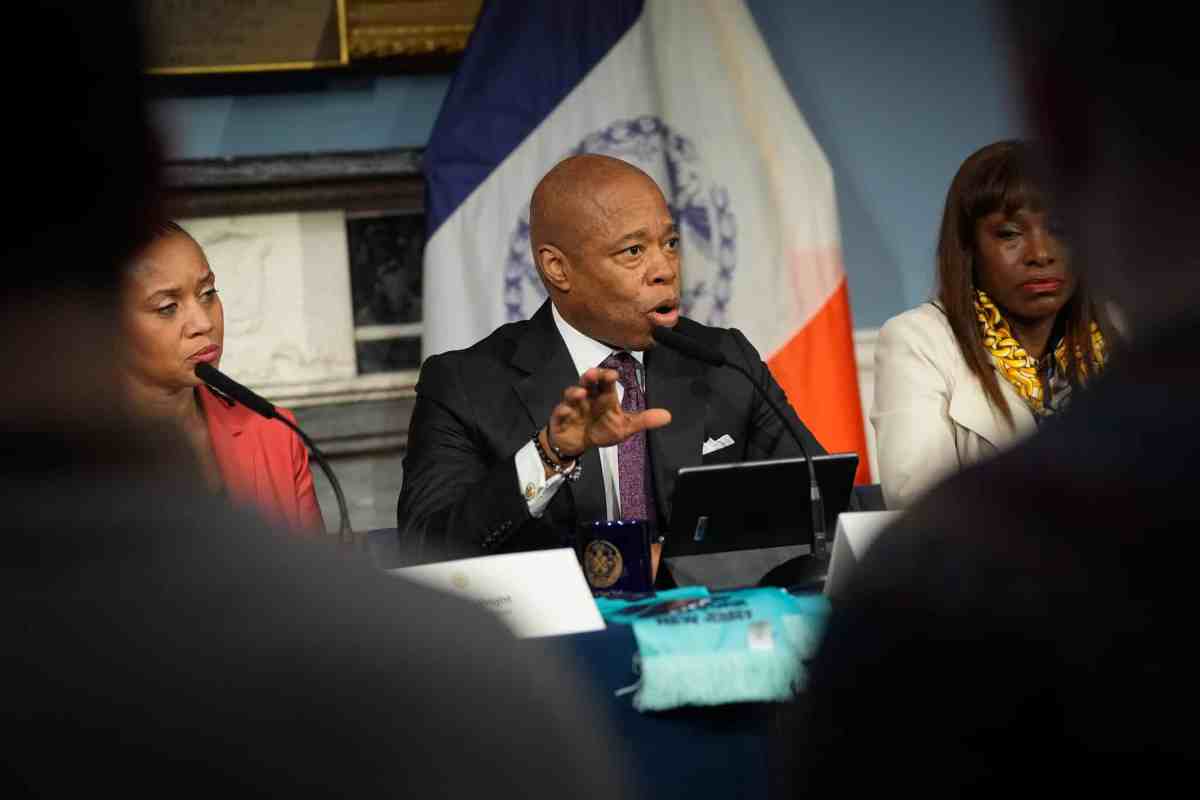By William Lewis
It seems that the tendency has been in recent years to downplay the value of vice presidential candidates. At this time, however, vice presidents have given an added importance to the campaign.
In 1992 the elder George Bush picked Dan Quayle as his running mate. It was probably one of the reasons for his defeat that year because Quayle was so controversial with the voters.
In 1984 Walter Mondale was defeated in 49 of 50 states by Ronald Reagan. One reason may have been that he had Geraldine Ferraro as his vice presidential running mate. Ferraro’s campaign did not go over very well with the majority of the voters.
The debate we recently saw between Mike Pence and Tim Kaine will have an effect on the presidential campaign. Pence was generally considered the winner, which can help the Republican Party in the forthcoming election.
As we look at the recent vice presidential debate, both candidates have experience in state and federal government and both are good public speakers. But Kaine interrupted Pence a significant number of times and hurt his image somewhat. Pence maintained a quiet composure and did not get excited. This gave him a favorable impression with the voters. Both candidates covered their subjects well.
I would favor debates with all personal attacks eliminated and only the issues debated.
I have never seen a presidential race like this one with so many personal attacks. Hopefully, in the future this will be eliminated.
When we consider the first debate of 1960 between Vice President Richard Nixon and U.S. Sen. John Kennedy, it seems like there were no personal attacks at all and both candidates stuck to the issues. In fact, during the first debate, Kennedy did not mention Nixon’s name. The first Nixon-Kennedy debate could be called very formal.
Looking at the vice presidential candidates, President Dwight Eisenhower at some point was probably sorry he chose Nixon as his running mate in 1952 and 1956.
It could be said that the 1950s was the time that Richard Nixon was politically prevalent as vice president. As president he was forced out of office by the Nixon-Watergate scandal.
Vice President Lyndon Johnson, after he became president, at first was determined to pursue the Vietnam War. By 1968 he was trying to find ways of ending the Vietnam conflict. Vice presidents who become presidents rarely feel they are obligated to follow the policies of the president they replaced.
It is very important that the presidential candidate pick a strong vice presidential candidate. When we view the seven times during our political history that a vice president has become president due to the president dying of natural causes or being assassinated, with the one exception being Richard Nixon who resigned due to a scandal, we see how crucial the choice of a vice president can be.
If anything, more time and effort should be given to choosing a vice presidential candidate. The choice of a vice presidential candidate can be just as important as the choice of a presidential candidate.
































